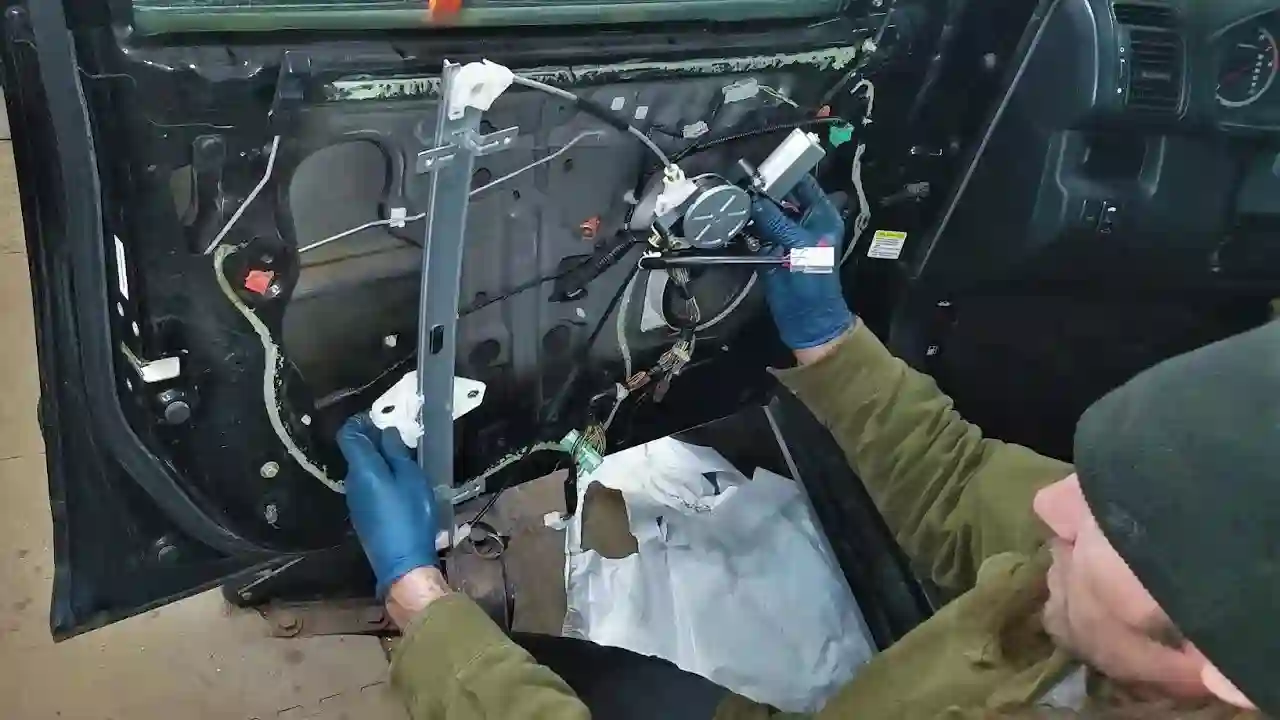
Window Regulator Replacement: Is It Covered by Your Warranty?
- Automotive
- January 16, 2024
- No Comment
- 2290
When faced with a malfunctioning car window, one of the first questions that may come to mind is whether the repair is covered by your vehicle’s warranty. Warranty coverage can provide financial relief for unexpected car repairs, but the extent of coverage varies depending on several factors. In this article, we’ll explore the topic of window regulator replacement and whether it is typically covered by your vehicle’s warranty.
Understanding Vehicle Warranties
Before delving into window regulator replacement, it’s crucial to understand the two main types of vehicle warranties:
- Manufacturer’s Warranty (Factory Warranty): This warranty is provided by the vehicle manufacturer and is typically included when you purchase a new car. It covers specific components and systems for a set period or mileage, such as the engine, transmission, and electrical systems. Manufacturer’s warranties are often referred to as bumper-to-bumper warranties or powertrain warranties, depending on the covered components.
- Extended Warranty or Vehicle Service Contract: An extended warranty is an optional coverage plan that you can purchase separately. It extends warranty coverage beyond the manufacturer’s warranty period and may provide additional protection for various components, depending on the plan’s terms.
Is Window Regulator Replacement Covered?
Whether window regulator replacement is covered by your warranty depends on several factors:
- Manufacturer’s Warranty Coverage: In most cases, window regulator replacement is not explicitly covered by the manufacturer’s warranty unless it is a defect in materials or workmanship. If the window regulator fails due to a manufacturing defect within the warranty period, the repair or replacement should be covered.
- Extended Warranty or Vehicle Service Contract: If you have an extended warranty or vehicle service contract, check the terms and coverage details. Some extended warranties may include window regulator replacement as part of their coverage, especially if they provide comprehensive or component-specific protection.
- Normal Wear and Tear: Window regulators, like other components in your vehicle, can experience wear and tear over time. In many cases, the manufacturer’s warranty and extended warranties do not cover repairs resulting from normal wear and tear. If the regulator fails due to age or wear, it may not be covered.
- Accidental Damage or Acts of Nature: If your window regulator is damaged due to an accident, vandalism, or acts of nature (e.g., a tree falling on your car), such incidents are typically not covered by warranties. Insurance coverage, such as comprehensive or collision insurance, may apply in these situations.
- Third-Party Warranty Providers: Some third-party warranty providers offer specialized coverage for window regulator repair or replacement. If you have a third-party warranty, review the policy terms to determine if window regulators are included in the covered components.
Tips for Navigating Warranty Coverage
Navigating warranty coverage for window regulator replacement can be complex, so here are some tips to help you understand and utilize your warranty effectively:
- Read Your Warranty Documents: Take the time to read and understand the terms and conditions of your warranty, whether it’s a manufacturer’s warranty or an extended warranty. Pay close attention to the covered components, exclusions, and any required maintenance.
- Keep Detailed Records: Maintain detailed records of your vehicle’s maintenance and repair history. This includes invoices, receipts, and service records. Having a well-documented history can be crucial when filing warranty claims.
- Contact the Warranty Provider: If you believe that your window regulator failure is covered by your warranty, contact the warranty provider or the dealership where you purchased the vehicle. They can guide you through the claims process and provide information on the next steps.
- Consider Repair Shops: When seeking warranty coverage, it’s essential to work with authorized repair shops or service centers. Some warranties require repairs to be performed by authorized dealerships or technicians to be eligible for coverage.
- Be Prepared for Deductibles: Some warranties, especially extended warranties or vehicle service contracts, may have deductibles that you must pay before coverage applies. Review your policy for information on deductibles and how they affect your repair costs.
- Know the Warranty Period: Understand the duration of your warranty coverage, whether it’s a limited time frame or based on mileage. Different components may have varying warranty periods within the same vehicle warranty.
- Explore Other Coverage Options: If your warranty does not cover window regulator replacement or if your warranty has expired, consider other coverage options, such as insurance or extended warranties offered by third-party providers.
Conclusion:
In summary, whether window regulator replacement is covered by your vehicle’s warranty depends on the type of warranty you have, the specific terms and conditions outlined in the warranty documents, and the cause of the regulator’s failure. While manufacturer’s warranties primarily cover defects in materials or workmanship, extended warranties and third-party warranty providers may offer broader coverage.
To ensure you understand your warranty coverage and maximize its benefits, it’s essential to read your warranty documents, keep detailed records, and contact the warranty provider or dealership when issues arise. Additionally, consider the age and wear of your vehicle and explore other coverage options if needed. Ultimately, being informed about your warranty and repair options can help you navigate window regulator replacement and other car-related expenses with confidence.
